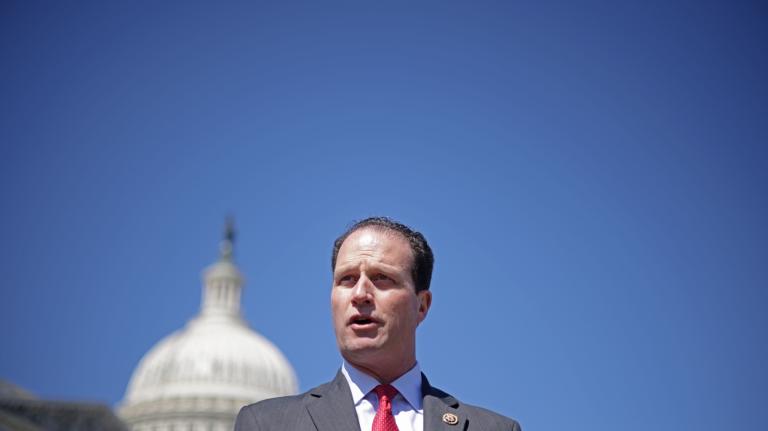Dear Umbra,
I’m a dislocated Texas resident living in Georgia, and I frequently send action emails to congressional leaders on environmental issues. Which leaders should I be sending my emails to: those I vote for in Texas or the Georgia ones? I’m afraid that when I email the Texas leaders they’ll see my present Georgia address and ignore my concern, but I also wonder if the Georgia leaders know that I’m a legal resident of Texas (and if they knew, would also ignore my concerns). Maybe it’s best to send to both states’ leaders? Or is any effort on my part in vain because both states’ leaders will ignore me?
Griff
Atlanta, Ga.
Dearest Griff,
Let’s first point out that as a general rule, it’s most beneficial to vote in the state where you live. That might not be possible for you right now, but normally it’s the way to go, since it enables you to have a more direct impact on your immediate community.
As with most general rules, though, there are exceptions. Another reader, for example, raised a related question: what about stretching the truth in order to register in a swing state? The reader in question lives in New York, her parents live in swinging old Ohio, and thanks to the idiotic electoral system, pretending to live with ma ‘n’ pa may best serve her political interests. But is it wrong?
This is an environmental advice column, not “The Ethicist.” Many enviros argue that we are almost at an any-means-necessary moment for the planet. If you can pull it off, if local issues are less important, if you won’t be committing fraud, move your vote to where it will count in the national race.

Write on.
Veering back to our main point: Given that 10 legislative letters are better than five, I think you should write to all possible officials. Make a ruckus. Why not? A little omission will do the trick. Let the Texas legislators know your voting district. Let the Georgia legislators know your address. The former will have all the information they need to care about your letter, and the latter won’t know you’re voting in Texas unless they cross-check every constituent letter with voting rolls. Even if they did, and found you missing, you could register at any minute in Georgia, for all they know. They won’t look, though. I checked with my political consultant and she confirmed the potential efficacy of the omission strategy. And there’s no cause to feel guilty about these omissions; after all, environmental concerns know not of political boundaries. Acid rain falling on New England springs from the coal plants of the Midwest.
About being ignored: An effective letter is a targeted letter. The national League of Conservation Voters and state conservation voter leagues, or similar eco-organizations, will know which issues are hot, what bills are up for debate, and which legislators need to be swamped with mail and phone calls. Give one of the leagues a ring and ask to receive their action alerts. If you continue to have doubts about the utility of writing such letters, ask the kind folks who answer the phone to bolster your spirits with a rousing tale of voter victory. Always remember, the pen is mightier than the sword.
Bic-ly,
Umbra

